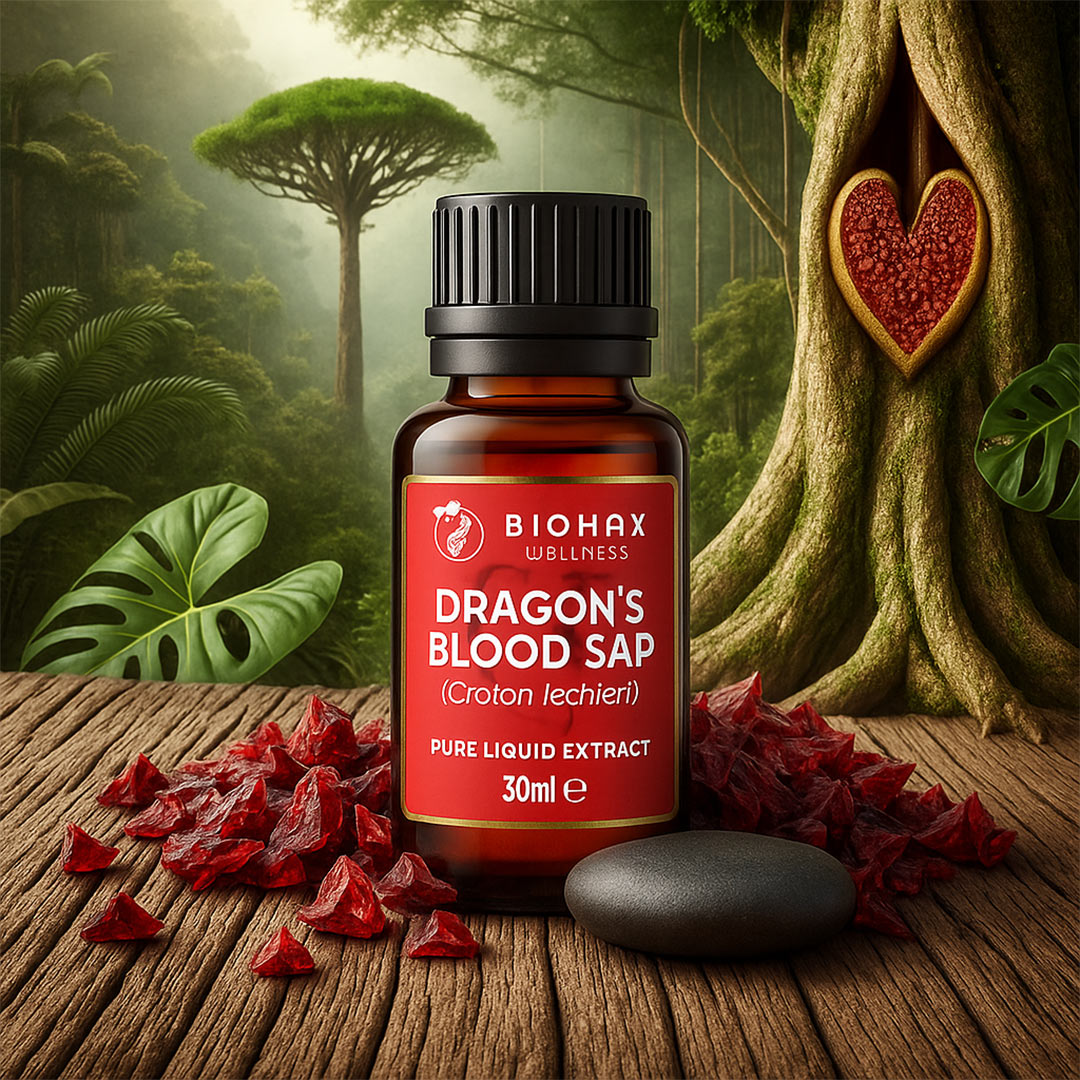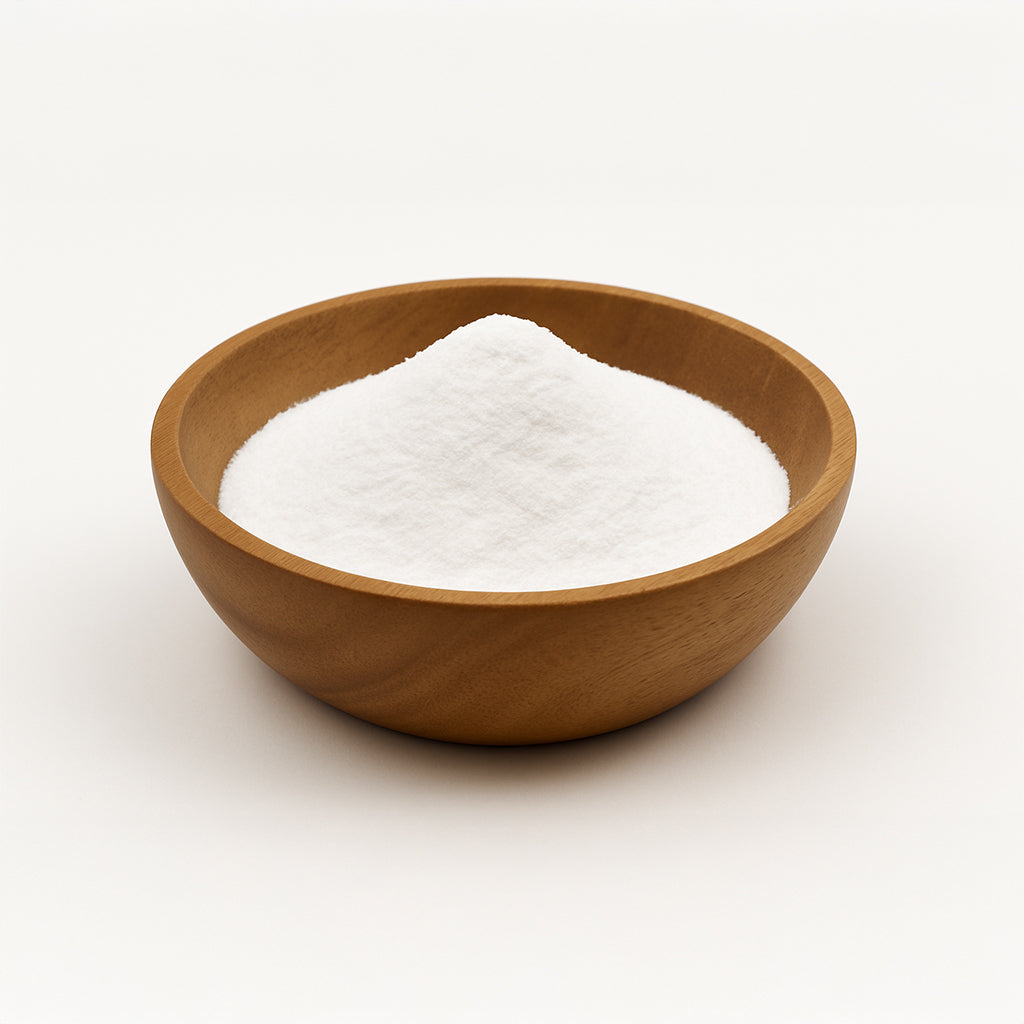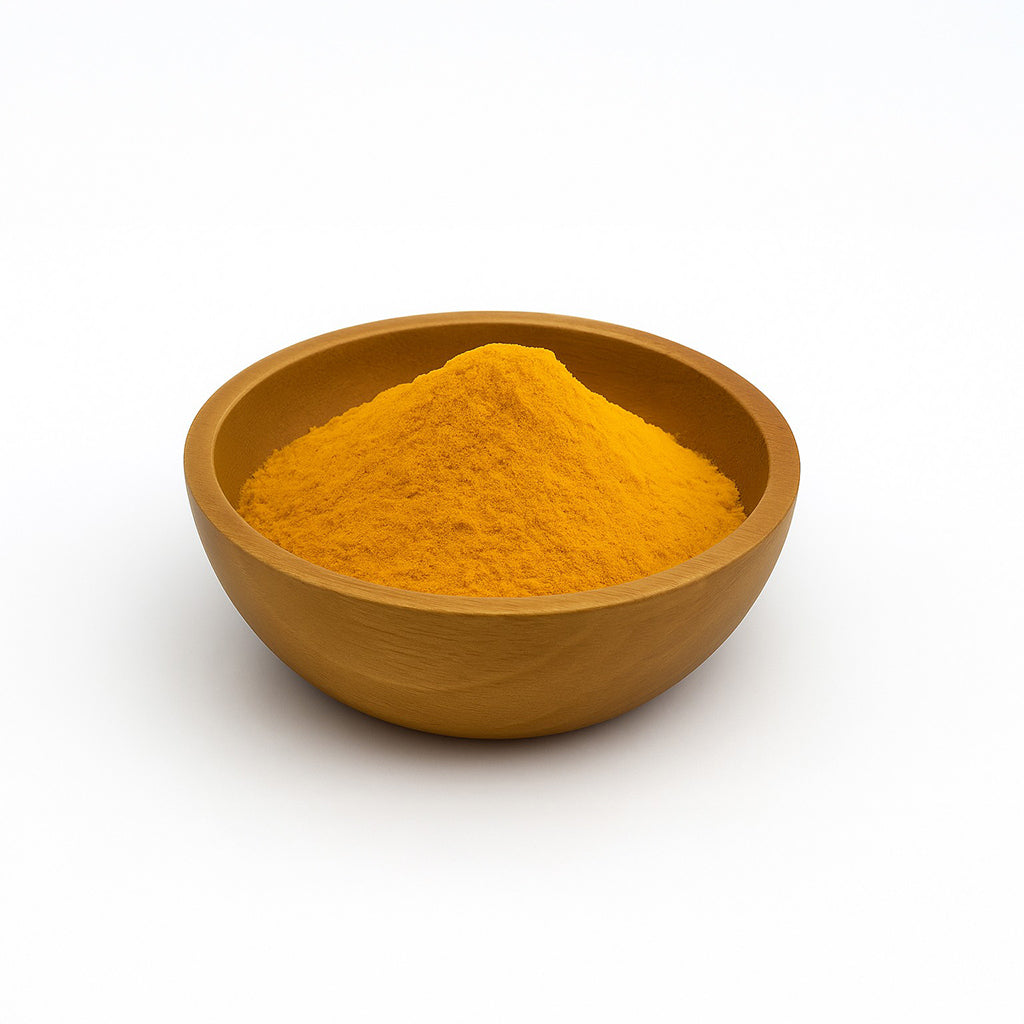You’ve done the detoxes. You eat the greens. You’ve even dabbled in breathwork between deadlines. But you still feel tired, foggy, anxious, bloated, and suspiciously hungover after one glass of pinot. Or maybe you’re waking up at 2am for no reason. Struggling with skin flare-ups, anemia, or weight that won’t budge no matter how “clean” you eat?
Enter: MTHFR - a gene mutation so common it affects up to 70% of Australians, yet so under-discussed it may as well be hiding in plain sight.
This little acronym stands for methylenetetrahydrofolate reductase, and it’s a key enzyme your body needs for methylation - a biochemical process that powers everything from hormone detox to neurotransmitter production, DNA repair, and cellular energy.
If your methylation pathways are sluggish because of an MTHFR gene variant, you're not just dealing with a cute genetic quirk, you're dealing with a core metabolic bottleneck. And it could be why:
-
You’re sensitive to stress, caffeine, wine, or supplements
-
Your periods are heavy, irregular, or full-blown hormonal havoc
-
You struggle with fatigue, anxiety, or brain fog, despite a “clean” lifestyle
-
You can’t bounce back from workouts or wind down at night
And here’s the kicker: you could have had it your whole life and never known.
What Is MTHFR (and Why Should You Care)?
MTHFR is an enzyme your body uses to convert folate (vitamin B9) into its active, usable form: 5-MTHF (5-methyltetrahydrofolate). This form is essential for methylation, a process that adds a "methyl group" to DNA, hormones, and toxins so they can be activated, deactivated, repaired, or eliminated.
Without proper methylation, your body struggles with:
-
Detoxification
-
Estrogen clearance
-
Serotonin, dopamine, and melatonin production
-
Cellular energy
-
Inflammation control
In other words, it's a master switch.
How Common Is It?
-
Australia: An estimated 60–70% of Australians have at least one MTHFR gene variant, most commonly C677T and/or A1298C
-
Globally: Roughly 25–40% of people worldwide carry one of these variants
So how did we get it? MTHFR gene variants are inherited, meaning you're born with them. You get one copy of the gene from each parent, and the combinations matter:
-
Heterozygous: You have one mutated copy (e.g., one C677T or one A1298C). This often leads to mild-to-moderate methylation issues.
-
Homozygous: You have two copies of the same mutation (e.g., C677T/C677T). This can lead to significantly reduced enzyme activity, often down to 30–40% of normal.
-
Compound heterozygous: One copy of each variant (C677T + A1298C). This can still impair methylation, though differently than being homozygous for one variant.
You can't "develop" an MTHFR mutation later in life, it's part of your DNA from birth. But whether or not it causes symptoms depends heavily on your lifestyle, stress, environment, and nutrition. Think of it like this: your genes load the gun, but your environment pulls the trigger..
Symptoms: From Subtle to Screaming
-
Anxiety or depression
-
Brain fog, poor focus, memory lapses
-
Chronic fatigue
-
Hormonal issues (PCOS, PMS, estrogen dominance)
-
Trouble sleeping or staying asleep
-
Waking between 2–4 AM and feeling wired
-
Mid-morning wakeups that leave you drained
-
Skin issues (eczema, acne, rashes)
-
Food and chemical sensitivities
-
Histamine intolerance
-
Anemia or low iron levels
-
Weight gain or difficulty losing weight
-
Swollen hands and feet at night
-
Poor stress response or burnout
Could You Have It and Not Know?
Absolutely. Many people assume they're just "sensitive" or that their symptoms are random. But MTHFR may be the underlying thread. It often flies under the radar because symptoms are vague, varied, and can mimic other conditions.
That 2 AM wakeup call? It may not be coincidence. In Traditional Chinese Medicine (TCM), this time correlates with the liver detox window, and your liver depends on methylation to neutralise hormones and toxins. If methylation is impaired due to MTHFR, your body may be stuck mid-process, triggering a stress response or cortisol spike that disrupts your sleep.
If your body can’t clear estrogen, histamine, or other metabolites efficiently, they can build up and create inflammation or fluid shifts overnight. It’s not “just circulation” it might be methylation.
Testing for MTHFR
The only way to know for sure is via DNA testing. You can:
-
Request a blood or saliva test via your GP or functional medicine practitioner
-
Use a home DNA kit (e.g. 23andMe, MyDNA, etc.)
Find a trusted practitioner in our BioHax Directory → to help interpret results and create a support plan.
How It Affects Daily Life
-
Caffeine overload: You may metabolise caffeine more slowly, worsening anxiety or jitters
-
Poor alcohol tolerance: Sluggish detox pathways mean even one drink can feel like a hangover
-
Exercise recovery: Your body may take longer to recover post-workout and be prone to inflammation
-
Hormonal imbalance: Estrogen, thyroid hormones, and cortisol can all get backed up, creating chaos
-
Mood swings and low resilience: Methylation is crucial for neurotransmitter production and stress response
Skipping Breakfast, Menopause, Drinking and Hormones
Intermittent fasting may not suit everyone with MTHFR. For some, skipping breakfast spikes cortisol and drains energy further. During menopause, estrogen clearance is already slower, impaired methylation makes symptoms worse. Alcohol? It steals your methyl groups, making things worse for hormones and histamine.
Exercise, Recovery & Methylation
-
Higher cortisol spikes post-exercise
-
Slower muscle recovery and increased DOMS
-
Greater need for magnesium, hydration, creatine, and sleep
The Methylation Matrix
Methylation is like your body’s internal email system. It tags things to get sorted: toxins, hormones, neurotransmitters, cells in need of repair.
When methylation is sluggish:
-
You can't detox properly
-
You can’t regulate mood effectively
-
Hormones like estrogen linger too long
-
DNA repair slows down
What Helps? Supplements & Smart Support
Start with practitioner guidance, but common supports include:
-
Methylated B-complex (methylfolate, methyl-B12, P5P B6)
-
Magnesium (glycinate or threonate)
-
Choline, creatine, NAC, glutathione, taurine
-
Avoid folic acid (found in many supplements and fortified foods, it blocks real folate)
The Ultimate Liver Tea (BioHax Blend)
Looking to support methylation, estrogen clearance, and gut health, without wrecking your sleep or microbiome? This is your go-to liver tea.
Core Ingredients:
-
Shop Dandelion Root → Stimulates bile, supports estrogen clearance, reduces bloating
-
Milk Thistle Seed – Regenerates liver cells and protects from toxins
-
Shop Marshmallow Root → Soothes gut lining, balances drying herbs
-
Schisandra Berry – Adaptogen that supports both Phase I and II liver detox
-
Ginger Root – Improves circulation, digestion, and inflammation
-
Shop Turmeric Powder → Liver-protective and anti-inflammatory
-
Burdock Root – Supports lymphatic drainage and skin detox
Optional Add-ins:
-
Nettle Leaf – Great for minerals, histamine, and anemia
-
Lemon Balm – Nervous system support without sedation
How to Brew It:
-
Add 1 tsp each of the roots and seeds (except turmeric) to 750ml water
-
Simmer gently with lid on for 20 mins
-
Add turmeric and berries in the final 5 mins
-
Strain and sip warm (morning or afternoon preferred)
Best served without lemon or sweeteners if you’re candida-prone. Store in glass and reheat gently.
What to Avoid, What to Embrace
Avoid:
-
Folic acid (synthetic, not the same as methylfolate)
-
Alcohol and caffeine
-
Ultra-processed foods and seed oils
-
Toxic skincare and cleaning products
Embrace:
-
Leafy greens, organic liver, grass-fed meats
-
Clean spring water
-
Activated B vitamins
-
Daily movement and nervous system resets
De-Stress for Real: Wellness Hacks That Help
When methylation is sluggish, stress hits harder. Recovery matters more.
BioHax-approved options:
-
Infrared sauna or red light therapy
-
Cryotherapy or cold plunges
-
Gentle breathwork or vagus nerve support
-
Adaptogenic herbs (ashwagandha, rhodiola)
-
Regular magnesium soaks
-
Recovery centres and wellness clinics near you
Need Help?
You don’t have to biohack this alone.
For real-genomics guidance, meet Carolyn Ledowsky — founder of MTHFR Support Australia, health scientist, naturopath, and PhD researcher in folate vs methylfolate at UTS. She’s one of the most trusted names in MTHFR and methylation support, offering education-driven care for anyone navigating genetic variants, hormone havoc, and detox challenges.
Find a trusted practitioner through the [BioHax Functional & Integrative Clinics Directory] and start untangling your methylation mess with someone who actually gets it.
References & Credible Sources
-
RACGP: MTHFR Genetic Testing: Controversy and Clinical Implications
-
XCode Life: MTHFR Gene Mutations Explained
-
Lifestyle Maternity: Understanding the MTHFR Gene in Pregnancy
-
Clarity X DNA: What You Need to Know About MTHFR
Related Reads
Want to continue the deep dive after exploring MTHFR? Here are BioHax’s top picks for documenting, diagnosing, and detoxing with precision:
-
The Vita Drip (Alexandria) — Doctor-supervised IV therapy, peptides, and functional diagnostics, with access across Australia.
-
Functional Medicine & Wellness Clinics Directory — Your roadmap to science-backed clinics offering hormone, immune, and detox support.
-
IV Therapy & Drip Clinics Directory — A comprehensive directory of trusted IV and wellness drip services tailored by outcome—not hype.
-
Liver, Candida & Detox Deep Dive — Everything you need to know about gut balance, liver clearance, and candida-friendly health protocols.
-
Candida-Friendly Recipes — Real, doable recipes for gently supporting systemic detox and digestive harmony.
Article originally published: 10 July 2025, by Editor







